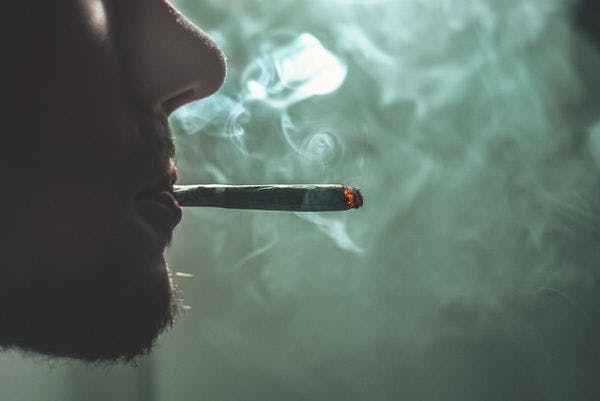Unsplash - GRAS GRÜN
As more states legalize marijuana, people with drug convictions want their records cleared
By Courtney Vinopal / PBS
Michael has struggled with kidney disease since he was in his early 20s serving in the military. The high stress of the job ultimately put him in the hospital, and he was not able to return to the service due to his condition. The 37-year-old Virginia Beach resident, who requested his name be changed because of concerns about retaliation from future employers, said that a nurse mentioned during that hospital stay that marijuana could help alleviate many of his symptoms, like nausea and vomiting. But at the time, the substance was not legal in Virginia.
In order to pursue that treatment, Michael had a relative send him marijuana from a state where it was legal. But police tracked the package back to Michael, and he was arrested and charged with felony possession and intent to distribute in 2015. He was convicted and sentenced to three years of probation.
At the time, Michael was working in an administrative role for a federal government contractor, and having two felonies on his record prevented him from advancing in his job.
“Since that day, I wasn’t able to be promoted or even try to grow in the company or in the job field, because that would be cause for further background checks,” Michael said. After getting sick with the coronavirus last year, he developed further kidney complications and had to go on dialysis, as well as undergo a second kidney replacement. He left his government job for health reasons, and while marijuana will soon be legal to possess in Virginia, he still has a criminal record he worries will present roadblocks in his job search.
